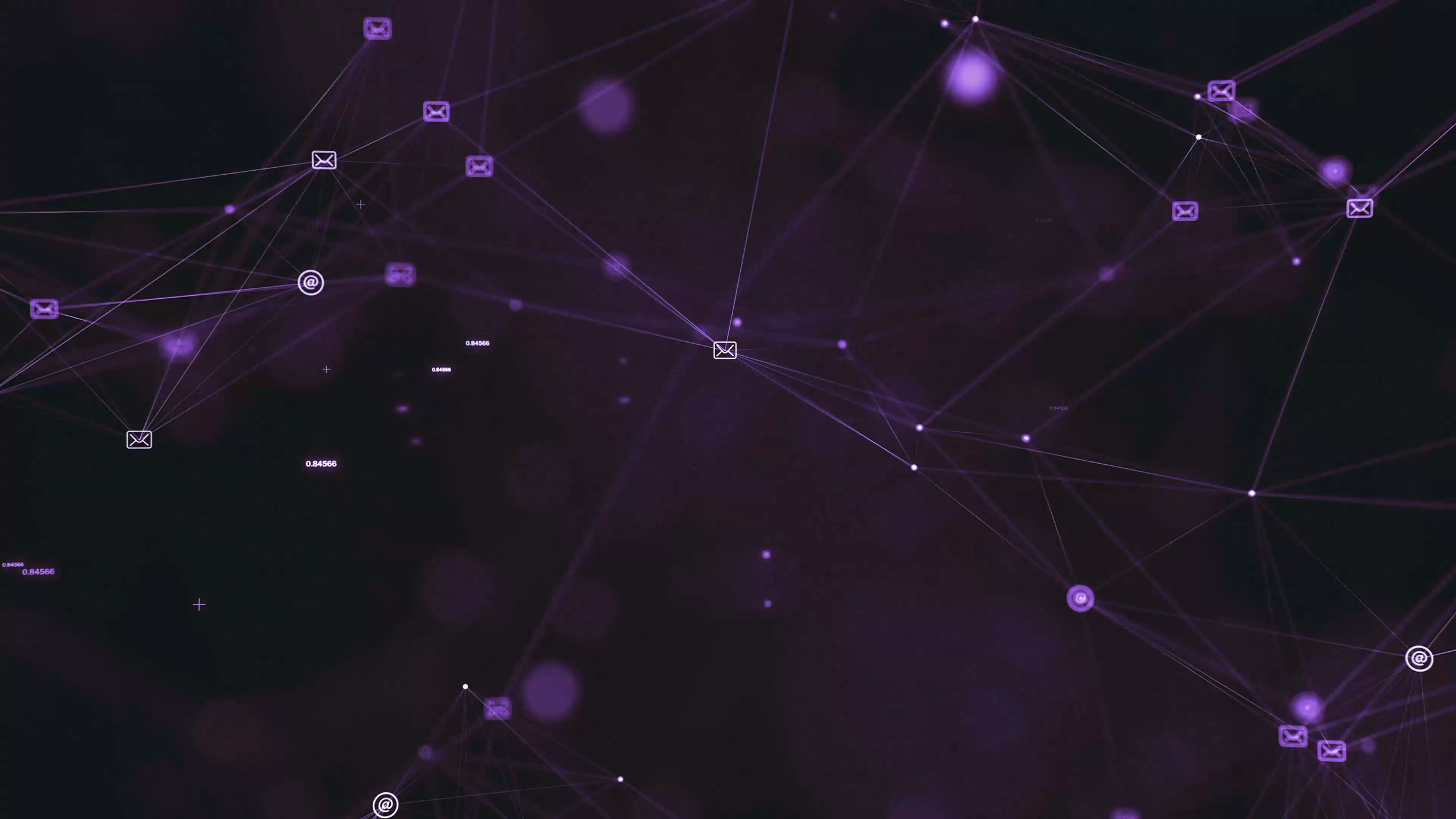
Empowering the Data-Driven Enterprise
We operate at the intersection of business, technology and compliance.
Our passion is instilling data culture in large, complex organizations.
VirtuLaw leverages global experience working across organizations to leverage data, mitigate compliance risks and deliver business outcomes.
Already know where to start?


Enable better (and faster) decisions through mature data practices
Our data practice workshop enables you to achieve your immediate needs – data management and risk management – in addition to providing ongoing visibility into improvement opportunities for your data teams. Proactive performance optimization allows your enterprise to scale to its full potential.

INSIGHTS
The transformation of industry and society is leading to the proliferation of “digital twins”— i.e., virtual representations of physical objects. As this technology impacts more of our day-to-day life, it becomes increasingly important to trust the data that lies at the heart of these virtual objects…
In April 2022, the Department of Homeland Security announced the “Disinformation Governance Board” whose ostensible mission was to stop the spread of propaganda by foreign state actors – i.e., Russia. Critics immediately questioned the legitimacy of this board and dubbed it the “Ministry of Truth” after the malevolent bureaucratic apparatus in Orwell’s 1984….
For most organizations, an effective information security policy is vitally important. In some instances, it is a legal requirement. Information Security Law: Control of Digital Assets provides encyclopedic coverage of both the technologies used to protect a network and the laws and policies that bolster them. It is filled with practical advice on all aspects of implementing effective internal controls, protecting user privacy, preventing computer crimes, leveraging intellectual property and avoiding regulatory scrutiny. Written for lawyers, compliance officers, network administrators, and anyone who oversees the preservation and use of networked data, this important book examines such topics as: ensuring the accuracy of data used to generate financial reports; protecting consumers' personally identifiable information; the Gramm-Leach-Bliley Act's privacy and safeguards rules; HIPAA restrictions on the use of medical information; state and federal remedies for attacks on computer systems; avoiding liability when monitoring computer systems; and more. Whether your responsibilities include securing networks or creating an adequate plan for responding to security incidents, Information Security Law: Control of Digital Assets will make a difficult job much easier.
Modern society is increasingly dependent on networked computer systems to facilitate its critical functions. This complex architecture, the central nervous system of our ‘‘National Infrastructure,’’ presents novel challenges to national security. Computer-savvy activists devoted to protecting human rights and spreading democratic values present an untapped resource that can provide government with the tools, strategies, and organizational design necessary to protect our National Infrastructure and counter networked crime and terrorism. To encourage participation and ensure efficacy, these hacktivists must become educated as to the National Infrastructure’s importance, the limitations faced by law enforcement in attempting to monitor and secure the National Infrastructure, and when hacktivists’ well-meaning actions may result in legal liability.
Biometrics are automated methods used to recognize people based on behavioral and physiological characteristics. Biometrics use immutable personal characteristics such as facial features, fingerprints, and retinal patterns, to establish and authenticate identity. The Internet has sparked a fascination with communications media resulting in global networks of surveillance mechanisms that can incorporate biometrics. When biometric sensors proliferate (resulting in “biometric surveillance”), we create a means of perpetually monitoring the location and behavior of people and eliminate the ability to be left alone.


